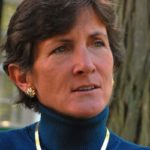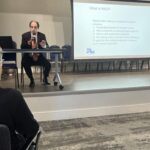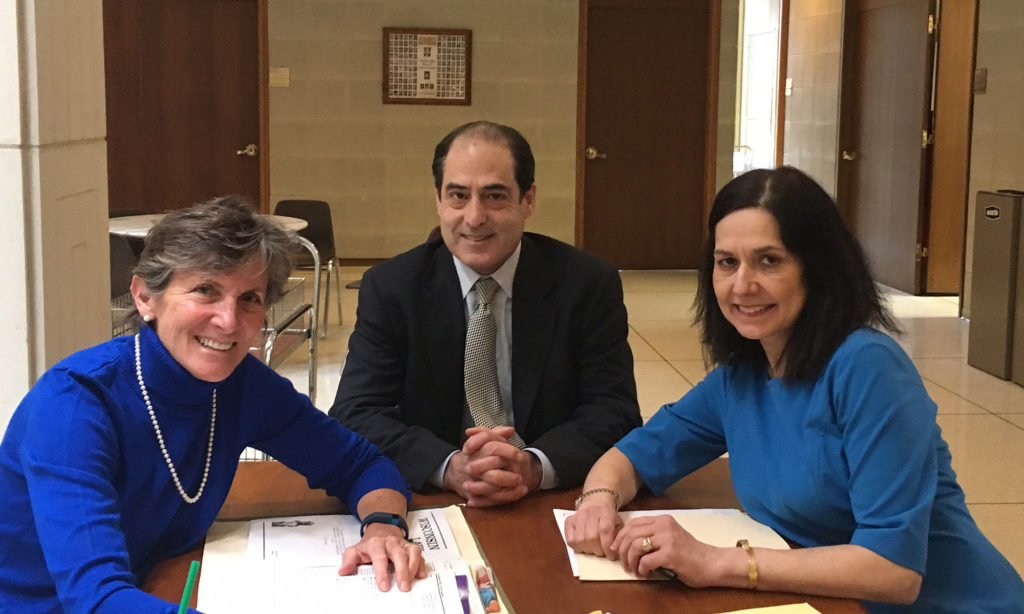On the afternoon of Thursday, Aug 29, Dying Right North Carolina joined several others at the Davis Community, a very upscale CCRC in Wilmington, NC.
The conference was entitled Dying with Dignity and was open not just to the several hundred residents but to the general public The event was live streamed via Facebook, and unlike many conferences on Death with Dignity, both proponents and opponents, Repubicans and Democrats were invited.
Among the presenters was the Hon Pricey Harrison

(D-59) a Greensboro State Rep who has been a stalwart and infallible friend of those who hope to see MAID legislation advance in NC. The keynote address was provided with great eloquence and emotional timbre by Barbara Mancini, a RN whose loving act in trying to assist her 93-year old bedridden dying father was rewarded under Pennsylvania's draconinan anti "assisted suicide" law with arrest and a year of costly year-long politically motivated prosectution.

Efforts were made to ensure that opponents of MAID could express their concerns and reservations. As such, Deacon Joshua Klickman of the Catholic Diocese of Raleigh, a 30 year combat veteran and a convertee to Roman Catholicism, presented his cosmological foundation to his oppositon to human-provoked death, be it MAID, war or the death penalty Equally passionate was the statement from Ian McIntosh, the Director fo Disability Oureach of the Patients Rights Action Fund, a national disability rights group who voiced concerns that marginalised people such as the disabled could easily become victims of MAID laws. However, their arguments were contradicted by DRNC Director Rachelle Chapman whose story gained national news when she was paralysed shortly before her wedding at her bachelorette's party when she was pushed into the shallow end of the swimming pool and ended a parapelgic; Rachelle argued persuaisvly for the right of disabled people to have the same rights as able bodied to access MAID if she should ever be diagnosed with a terminal illness.

Other speakers outlined the need for MAID, as a compassionate means of alleviating futile end of life suffering subject to the many safeguards and limitations imposed by the law. Executive Director Ed Tiryakian explained the intricacies of, and multipe safeguards involved in applying for, MAID in the 11 jurisdictions where it is available. He also went through the various myths and mistruths often exploited by opponents, reminding the audience that the ultimate safeguard is the ironclad requirement that the patient themself must self adminster the medication; the doctor in no way is permitted to peform euthanaisa, which is deemed murder in every state. And a person suffering from cognitive impairment precluding legal capacity is not eligible for MAID.
A vigorous Q&A session brought to light a myriad of concerns which people have in anticipating their own end of life or that of a loved one.


